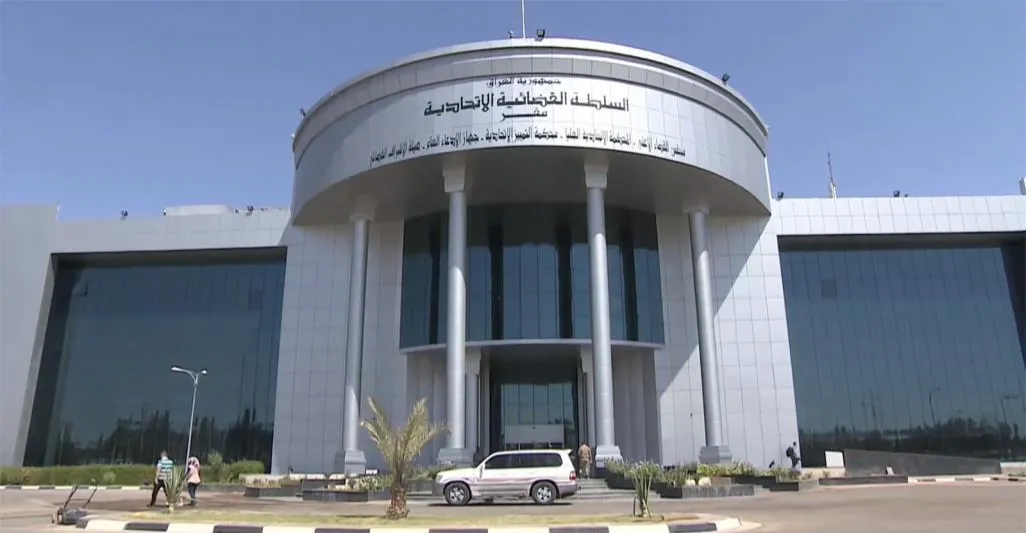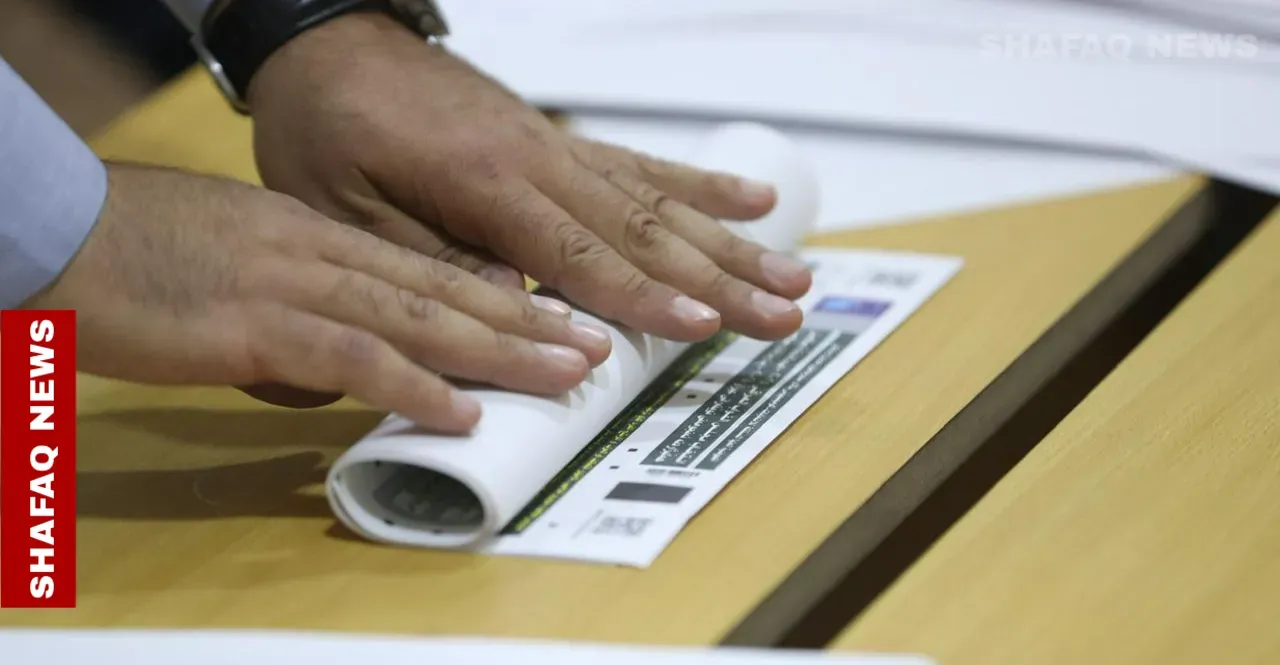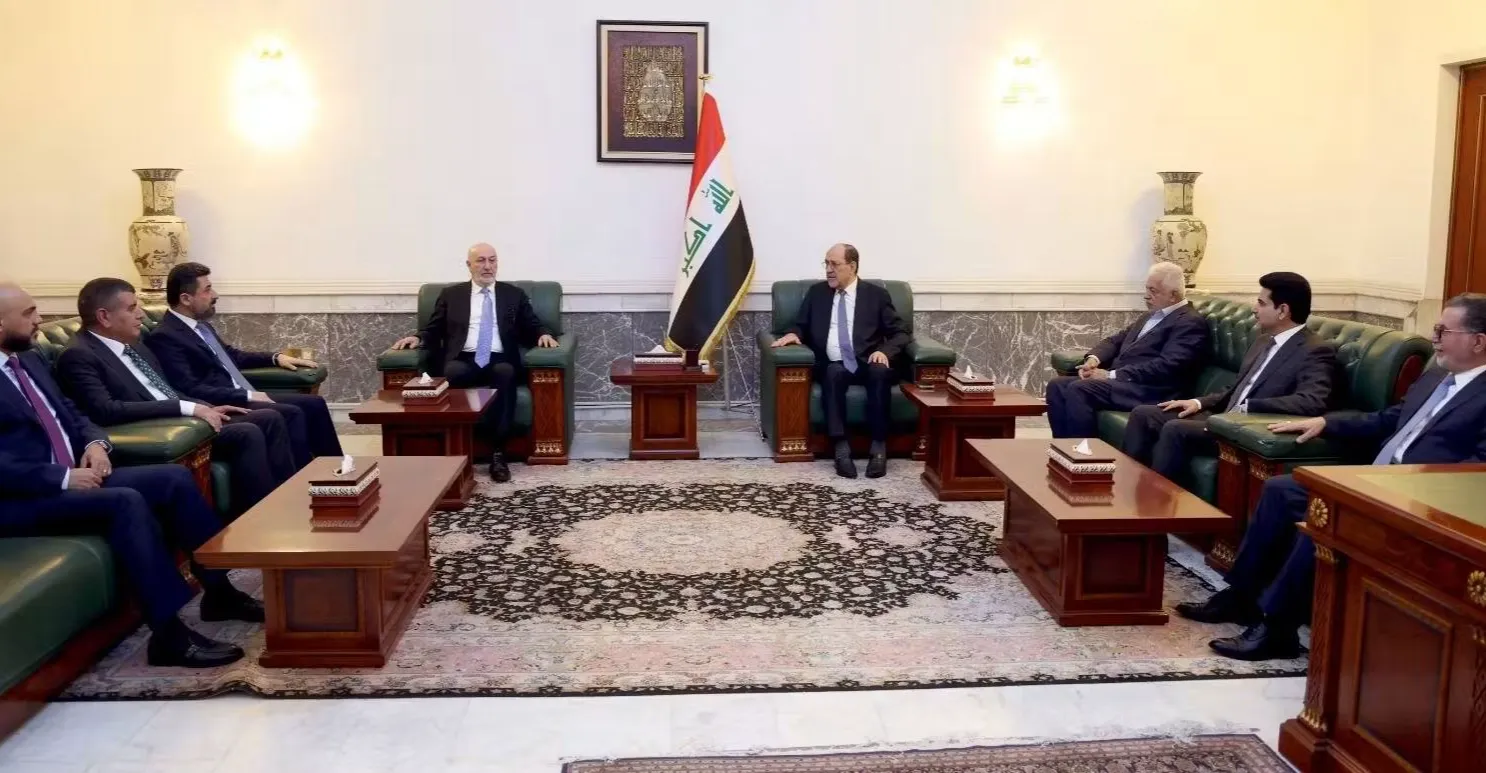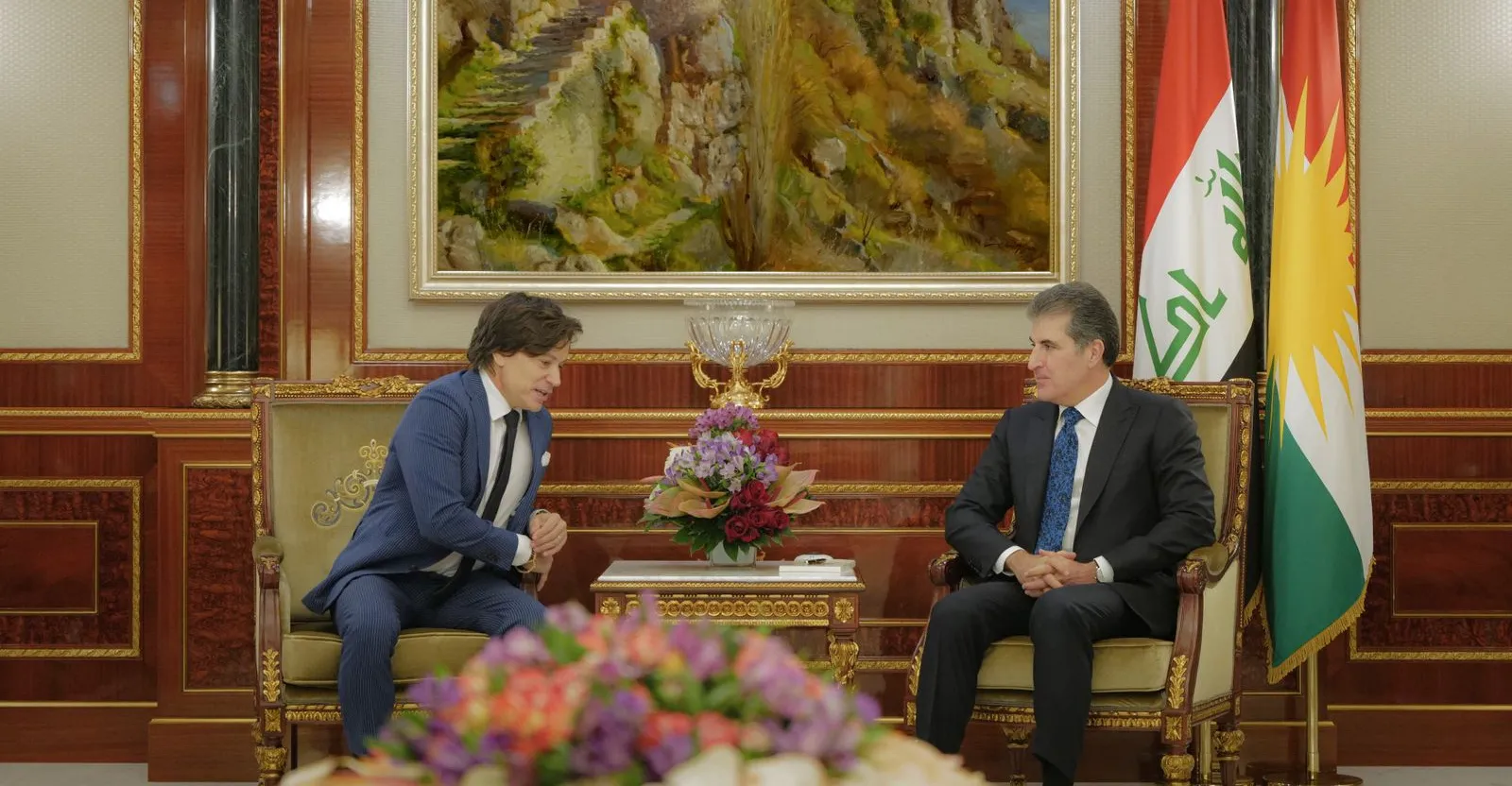The coordinating framework signs off on its status as the largest parliamentary bloc.
The Coordination Framework announced Monday (November 17, 2025), that it held its regular meeting, with all its leaders present, at the office of former Prime Minister Haider al-Abadi, stressing that the success of the electoral process represents a fundamental step towards consolidating political stability in the country.
The framework said in a statement that “the meeting opened with congratulations to the Iraqi people and political forces on the success of the elections,” stressing that “national cooperation is the main pillar for getting through the next stage.”
The framework stressed the importance of resolving electoral entitlements within the constitutional deadlines, considering that “adherence to these timelines represents a guarantee for an organized constitutional transition and respect for the will of the voters.”
He added that his political forces had agreed to consider him the largest parliamentary bloc composed of all his entities, and based on that, the framework began the procedures for nominating the prime minister for the next stage in accordance with the constitutional frameworks.
The framework indicated that it decided to form two leadership committees; the first concerned with discussing the upcoming national entitlements and developing a unified vision for managing the state, while the second committee will interview candidates for the premiership according to professional and national standards.
According to the statement, the meeting discussed extensively the criteria required for selecting the Prime Minister, in addition to the features of the expected government program, in line with the political, economic and service challenges, and in a way that meets the aspirations of citizens for reform, stability and development.
Burathanews.com

 On Monday, the Federal Court decided to end the work of the House of Representatives and transform the government into a “caretaker government”.
On Monday, the Federal Court decided to end the work of the House of Representatives and transform the government into a “caretaker government”. Jamal Kojar, a member of the parliamentary finance committee, confirmed on Monday that preparing the 2026 budget is possible, but its approval may be delayed until the middle of next year.
Jamal Kojar, a member of the parliamentary finance committee, confirmed on Monday that preparing the 2026 budget is possible, but its approval may be delayed until the middle of next year. The popular movement for the Belt and Road Initiative criticized on Monday the actions of Mohammed Shia al-Sudani during his time as Prime Minister, stressing the need to remove him from office and not renew his term again.
The popular movement for the Belt and Road Initiative criticized on Monday the actions of Mohammed Shia al-Sudani during his time as Prime Minister, stressing the need to remove him from office and not renew his term again. Member of the Coordination Framework, MP Mohammed Al-Sayhoud, confirmed on Monday that the decision to choose the next Prime Minister rests exclusively with the leaders of the Coordination Framework and will be respected by everyone.
Member of the Coordination Framework, MP Mohammed Al-Sayhoud, confirmed on Monday that the decision to choose the next Prime Minister rests exclusively with the leaders of the Coordination Framework and will be respected by everyone. The head of the parliamentary transport committee, Zahra al-Bajari, confirmed on Monday that Iraq is seeking to join the World Maritime Trade Organization, in a move aimed at strengthening the country’s position in the maritime transport and international trade sector.
The head of the parliamentary transport committee, Zahra al-Bajari, confirmed on Monday that Iraq is seeking to join the World Maritime Trade Organization, in a move aimed at strengthening the country’s position in the maritime transport and international trade sector. Imran Karkoush, a member of the State of Law Coalition, ruled out the possibility of alliances that could overturn the political process, noting that political parties from other components should deal with the current realities and move towards the largest bloc to ensure the formation of the new government.
Imran Karkoush, a member of the State of Law Coalition, ruled out the possibility of alliances that could overturn the political process, noting that political parties from other components should deal with the current realities and move towards the largest bloc to ensure the formation of the new government. The Iraqi Electoral Commission revealed on Monday the date for announcing the final results of the sixth parliamentary elections.
The Iraqi Electoral Commission revealed on Monday the date for announcing the final results of the sixth parliamentary elections. On Monday, Nouri al-Maliki, head of the State of Law Coalition, called for continued efforts to form a “strong government” during his meeting with delegations from the National Approach Alliance and the Patriotic Union of Kurdistan Party.
On Monday, Nouri al-Maliki, head of the State of Law Coalition, called for continued efforts to form a “strong government” during his meeting with delegations from the National Approach Alliance and the Patriotic Union of Kurdistan Party. The President of the Kurdistan Region, Nechirvan Barzani, discussed trade relations between Washington and Erbil with a delegation from the US Business Council.
The President of the Kurdistan Region, Nechirvan Barzani, discussed trade relations between Washington and Erbil with a delegation from the US Business Council.